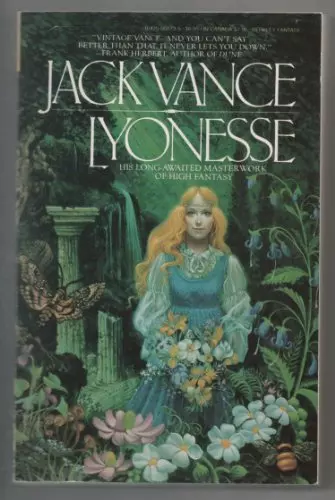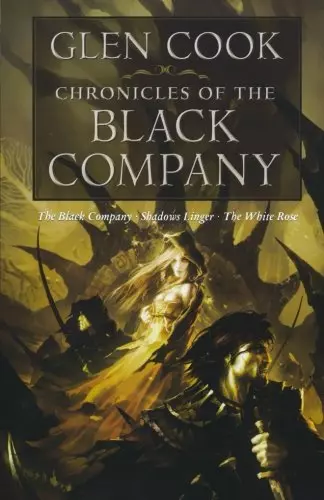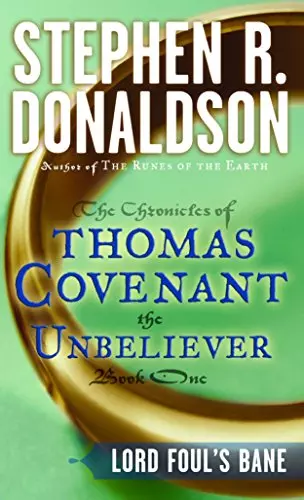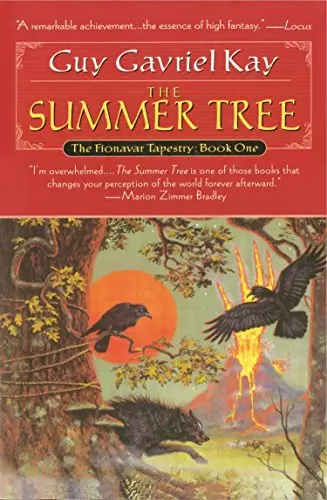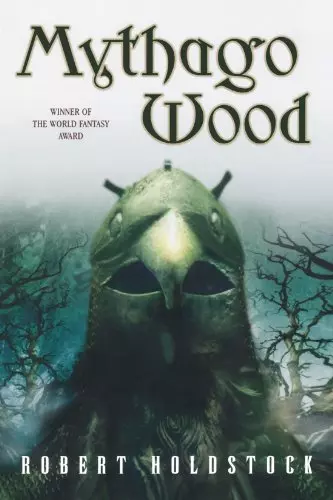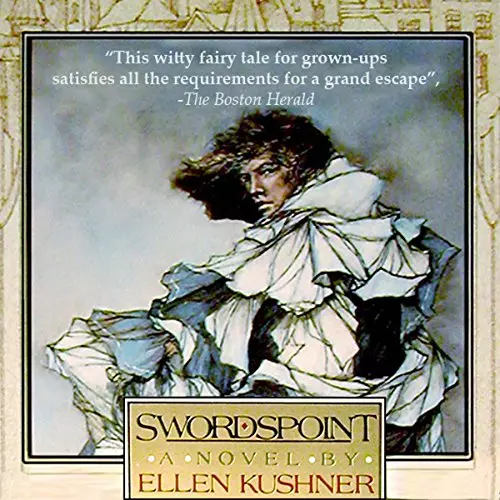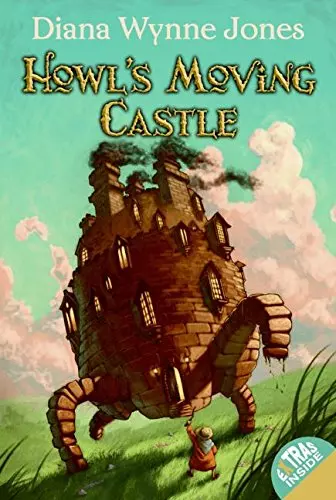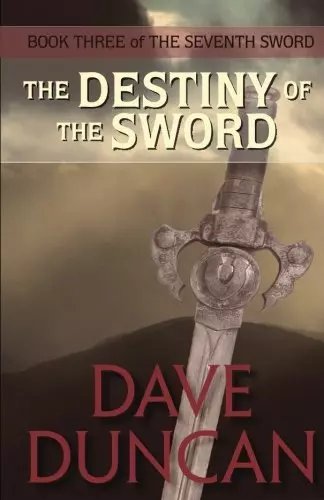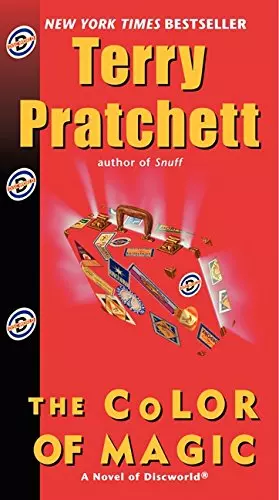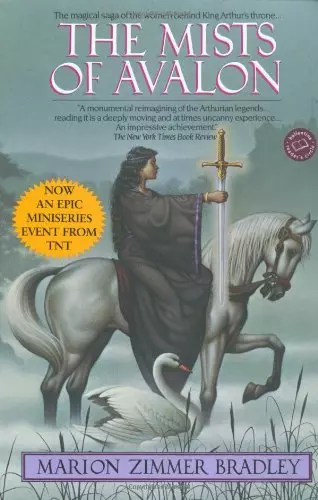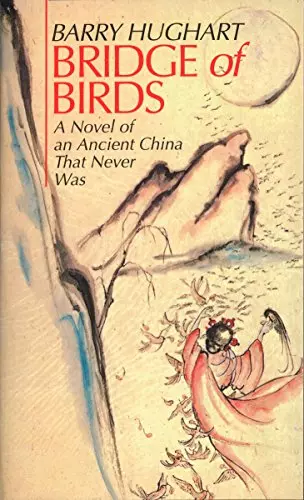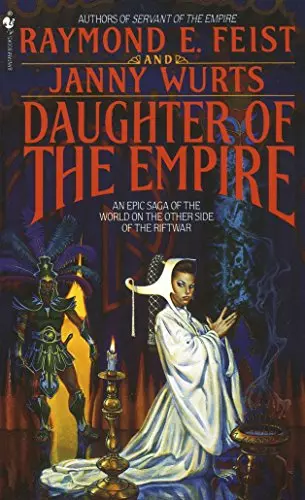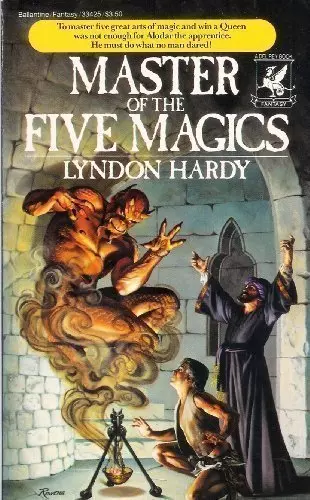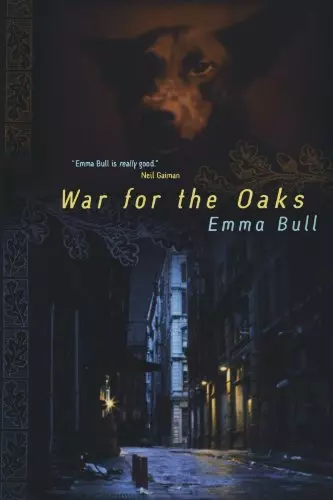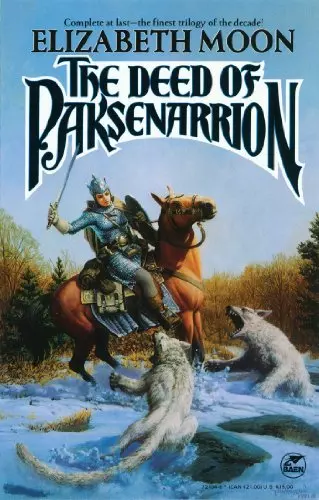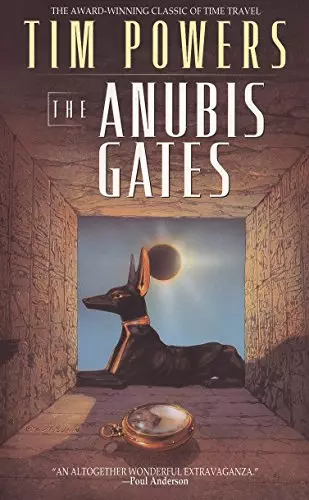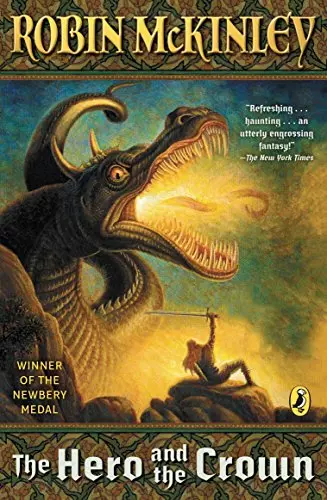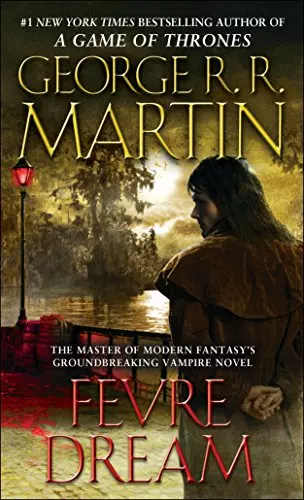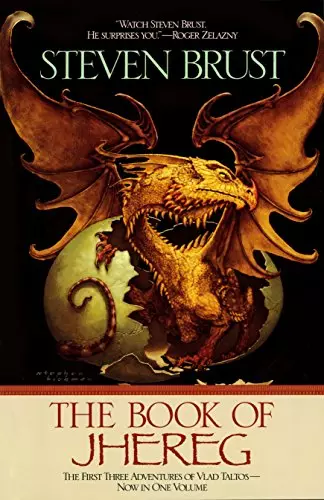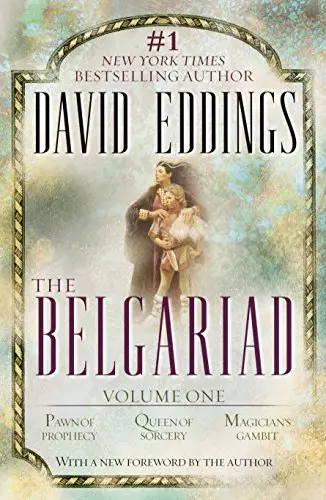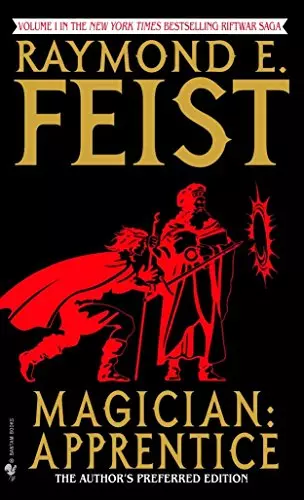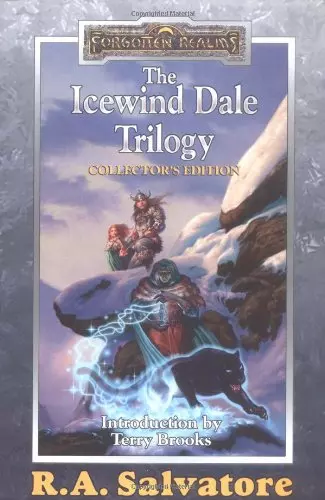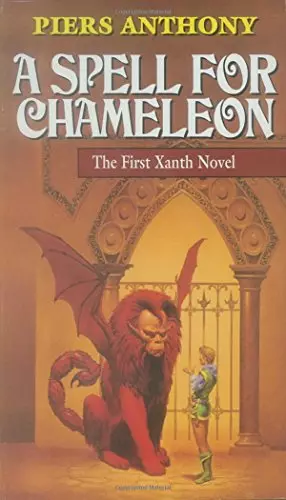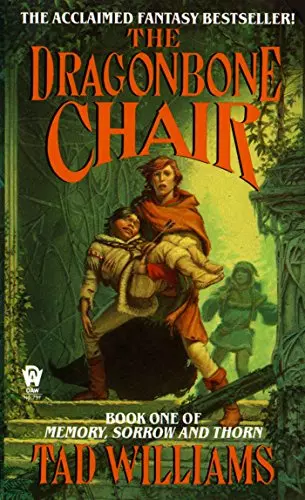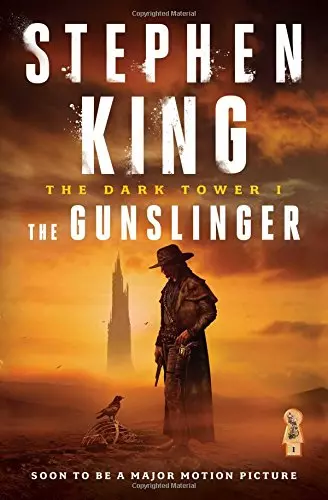Top 25 Fantasy Books of the 80's
The 80s, Also Known as the Golden Decade for Fantasy
The 80s wasn't just a period of Hammertime(!) and big hair. It was also a revolutionary decade for fantasy. a revolution in the marketplace that helped make fantasy the pop culture hit that it is today. The 80's also gave us some of the best fantasy books ever written -- books that are STILL widely considered landmarks in the genre.
The 80's also showed that fantasy was big business. Proving that books in the genre could be major bestsellers, authors like David Eddings and Terry Brooks wrote popular series using The Lord of the Rings as a blueprint.
These books – as formulaic as they seem to us now – invigorated the genre by showing that, even with a niche audience, fantasy could make serious bank. If it weren't for these achievements, we might not have the pleasure of watching petulant dragons rebel against their white-haired human mothers.
The other development to come out of the 80s is a darker, grittier fantasy, which would evolve into the creatively named subgenre of grimdark fantasy. Today it's epitomized by George R.R. Martin and his passion for violent limb removal.
So, check out this list of greats among greats for a decade of fantasy that's widely hailed as a golden age of fantasy and arguably one of the best decades the genre has ever seen.
Make sure to check out our other Best Decade Lists
Best Pre-Tolkien FantasyBest Early Modern Fantasy (1930's to 1950's)Best Fantasy of the 60's (post Tolkien fantasy finds it's footing) Best Fantasy Books of the 70's (fantasy finds complexity)Best Fantasy Books of the 90s
Ranked Fantasy Books
Trending Books in Top 25 Fantasy Books of the 80's
Trending Fantasy Booklists
Best Fantasy Books 2025
The Must-Read Fantasy Releases of 2025 That Fans Are Devouring Worldwide
Top 25 Best Fantasy Books
Love fantasy novels? Hate wasting time reading trash? Then read this definitive guide to the top 25 Fantasy books in the genre.
The Best Sci-Fi Movies
The Best of the Best Science Fiction Movies
Top 50 Best Epic Fantasy
The Absolute Best Epic Fantasy Series
Top 100 Fantasy Books
The Top 100 Best Fantasy Books Ever Written
Top 25 Best Fantasy Audiobooks
The Best Fantasy Audiobooks (Updated 2016)

